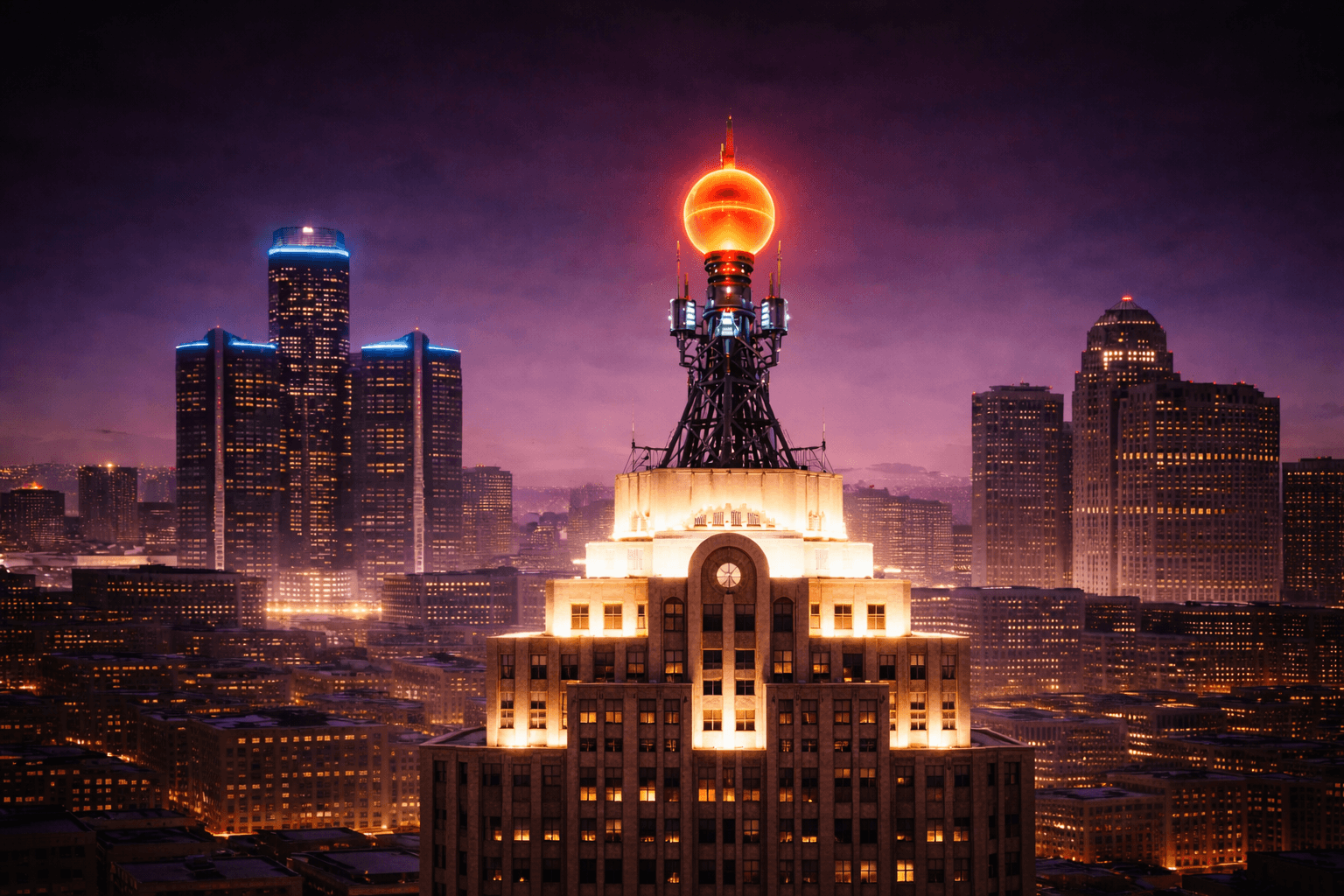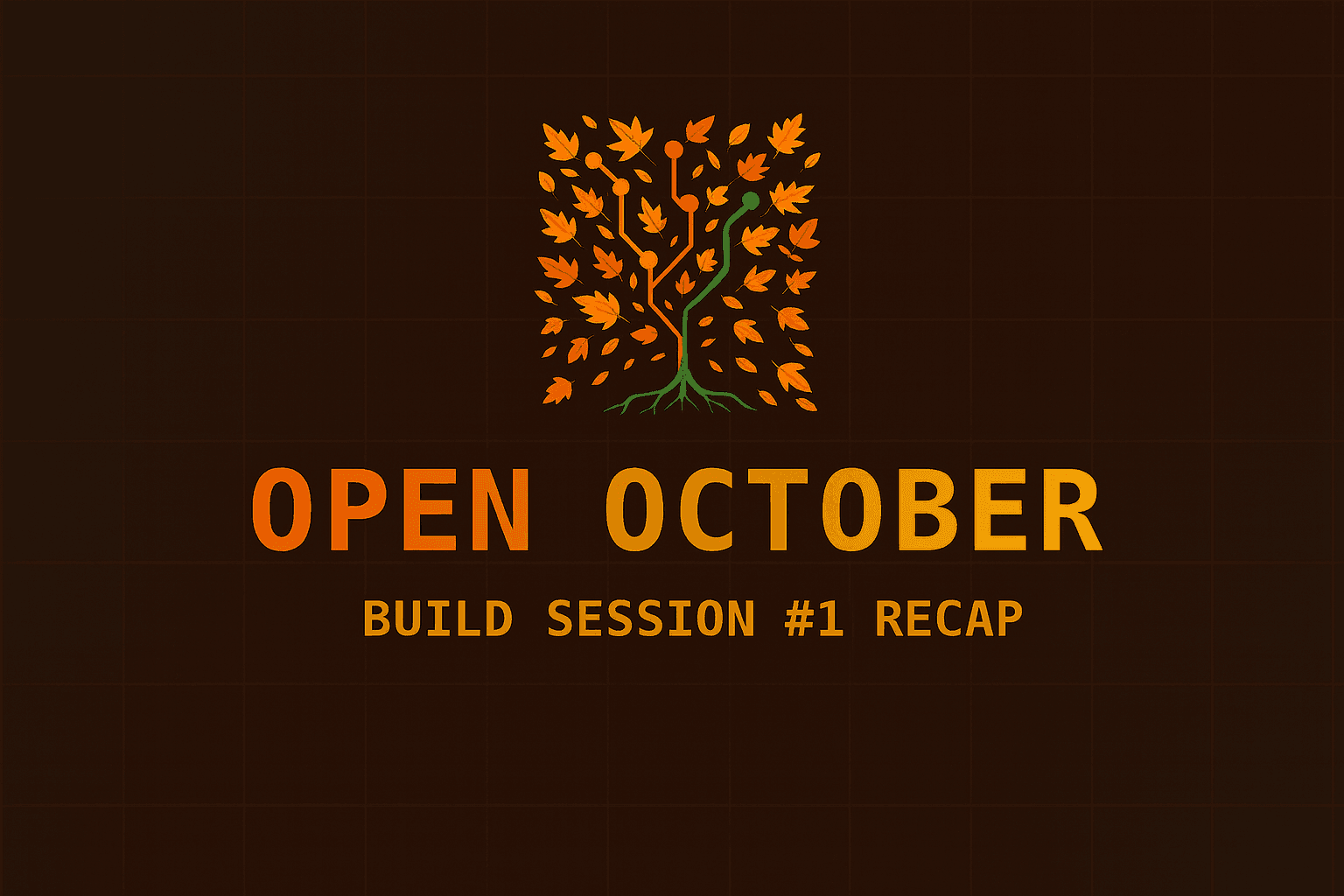Last night’s Vibe Coding meetup at Bamboo Royal Oak reminded me why these gatherings matter so much. It wasn’t just about code. It wasn’t even just about AI. It was about people—showing up, sharing what they’ve learned, and working through the real-world challenges of building with new tools.
Hosted by David “Stock” Baird, the night kicked off with the origins of Vibe Coding, recent updates, and a breakdown of best practices. But the real magic came in the conversation that followed.
The AI Gap Isn’t About Tools—It’s About Clarity
One of the biggest talking points of the evening came from a shared frustration: AI-assisted coding tools like Cursor are powerful, but they can just as easily work against you if you’re not intentional.
Several attendees mentioned that AI often:
Creates multiple, conflicting approaches to the same task
Changes code outside the requested scope
Breaks existing functionality while “improving” it
The group’s solution? Treat AI like a junior developer who’s eager but needs clear direction:
Plan from multiple levels. Start with a high-level project vision and define expected outcomes before writing a single line of code.
Use user stories. Frame features from the perspective of the people who will actually use them.
Get specific with prompts. Include relevant context, existing architecture, and precise requirements when asking for changes.
In other words: clarity in your own thinking translates to clarity in the code AI helps you produce.
Renaissance City LaunchPad: Building Tools for Builders
I had the chance to present the Renaissance City LaunchPad, a project I’ve been shaping for the past year. The idea is simple but ambitious—give communities the ability to own and operate their own digital infrastructure instead of relying on one-size-fits-all platforms.
It’s more than just software. It’s a cultural shift and a support ecosystem for community organizers and builders in this city—one that helps them take full advantage of emerging tools to truly build for their communities.
That means:
User-owned data profiles
Event hosting, RSVPs, and QR check-ins
AI-powered event recaps and documentation
Badging and recognition systems for engaged members
An open-source foundation that communities can extend themselves
The LaunchPad exists to close the knowledge gap—to give non-technical community organizers the power to build with the same tools that engineers use, without requiring years of coding experience.
The Barefoot Dev Philosophy
The philosophy behind this work comes from a story shared by a local Rust community leader. It’s based on the “barefoot doctors” in rural China during the 20th century—city-trained doctors who brought essential medical knowledge to rural villages so they could care for themselves.
As Barefoot Devs, we can do the same for technology:
Bring practical, usable knowledge into communities
Teach people how to use and adapt modern tools
Leave them better equipped to build and maintain what they need
The goal isn’t just to ship an app—it’s to create a cultural shift in how communities think about and use technology.
Why This Matters
Communities like Vibe Coding Detroit are perfect testing grounds for these ideas. At this event, I met people building for book clubs, neighborhood news, and creative collectives. Each project is different, but the underlying need is the same:
accessible tools, shared knowledge, and a culture of collaboration.
That’s what the Renaissance City LaunchPad is for. That’s what TheBarefoot.Dev is for.
If you’re building for your community—or want to—reach out. Let’s close the gap together.
📎 Learn More & Get Involved:


